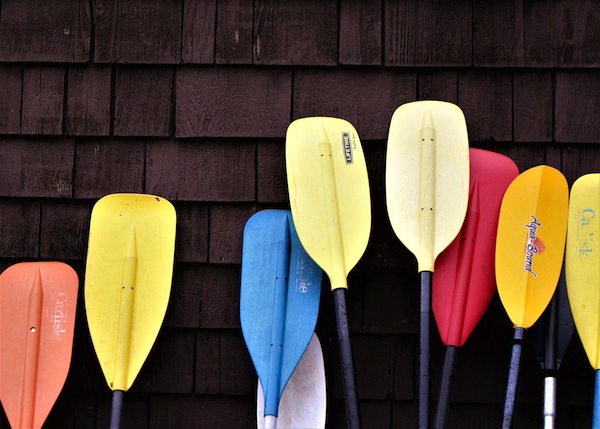In every grouping of humans, there is a leadership structure. That’s the way it works for humans. That’s the way it works for animals, too, when they organize in groups.
Generally, for animals, it’s a combination of smarts and strength that wins the day, with physical strength often being an important part of the equation. The same must have been true for humans in our primitive days, and still is to an extent. In some periods of human history, there were those who were able to establish dynasties, where successive generations achieved leadership by right of birth, sometimes sanctioned by what was called “divine right.” The deity was called in to account for the continuing rule by a family in tribal or national context.
In more recent times, leadership has often been gifted to those who exhibited merit, rather than pure might. Those who were successful at their life tasks were called upon to serve in leadership roles to the benefit of those for whom they took responsibility. Therefore, many in leadership positions are more advanced in age, except in the most competitive arenas.
Well, guess what? There is suddenly a new selector in town! Coronavirus!
Some people are forecasting that we will see as much as three-quarters of the world’s population infected by COVID-19. Try as we might, and even as we may be successful in flattening the curve, most of us will eventually have to face the test of living through an infection by the virus. If we can find a vaccine, that will alleviate the losses. But, for the next year-and-a-half, at least, many of us will have to face the test. If our healthcare systems can sustain themselves under the onslaught, again, the losses will be fewer. If not, the choices will favour the younger and those more likely to survive. What this all means is that those who are older, those who are more likely to be among those in leadership, will be more likely to be among the fallen. Fate has taken a hand in our succession planning.
I am among the somewhat longer in the tooth, facing my 86th birthday. It is apparent that, in the current environment, this epistle may turn out to be my eulogy. Not many in my situation have the opportunity to deliver this kind of message ahead of time.
I have had meaningful work and the satisfaction of making, in my own mind, a worthwhile contribution to the lives of others, of my fellows. I feel my parents would have been proud of me. I had the joy of fathering children who have turned out to be good human beings. I have had the joy of finding and living with the love of my life. Flawed as I am, I am content. I am among the fortunate in this world. I am not abandoning the race but I am prepared for whatever the future holds. I wish the same for all my fellows.
This event we are living through is a feature of any life on any planet in our cosmos. A meteor struck our globe millennia ago, causing a global winter, which doomed the dinosaurs and permitted a mammalian ascendancy. Homo sapiens has prospered. We have survived plagues and influenzas. We have conquered many communicable diseases. We have managed to increase our food production capabilities so we did not starve when our numbers on this planet increased so much that our wise men believed we were doomed. We have continued to consume that arable land for our structures at a rapid pace and yet survive.
We are facing a crisis in the way we pollute our air and our waters, one we have yet to come to terms with. Rising temperatures on our globe may yet reach a point of no return. The pandemic we are facing, as other life forms on our planet seek their place in the sun, may turn out to be the least of the problems we will have to cope with.
In the meantime, this pandemic is clearing the decks of those in the age range I share. I don’t know about you, but it has captured my full attention – I can feel the target on my back. Keep your physical distance, please!
Max Roytenberg is a Vancouver-based poet, writer and blogger. His book Hero in My Own Eyes: Tripping a Life Fantastic is available from Amazon and other online booksellers.


